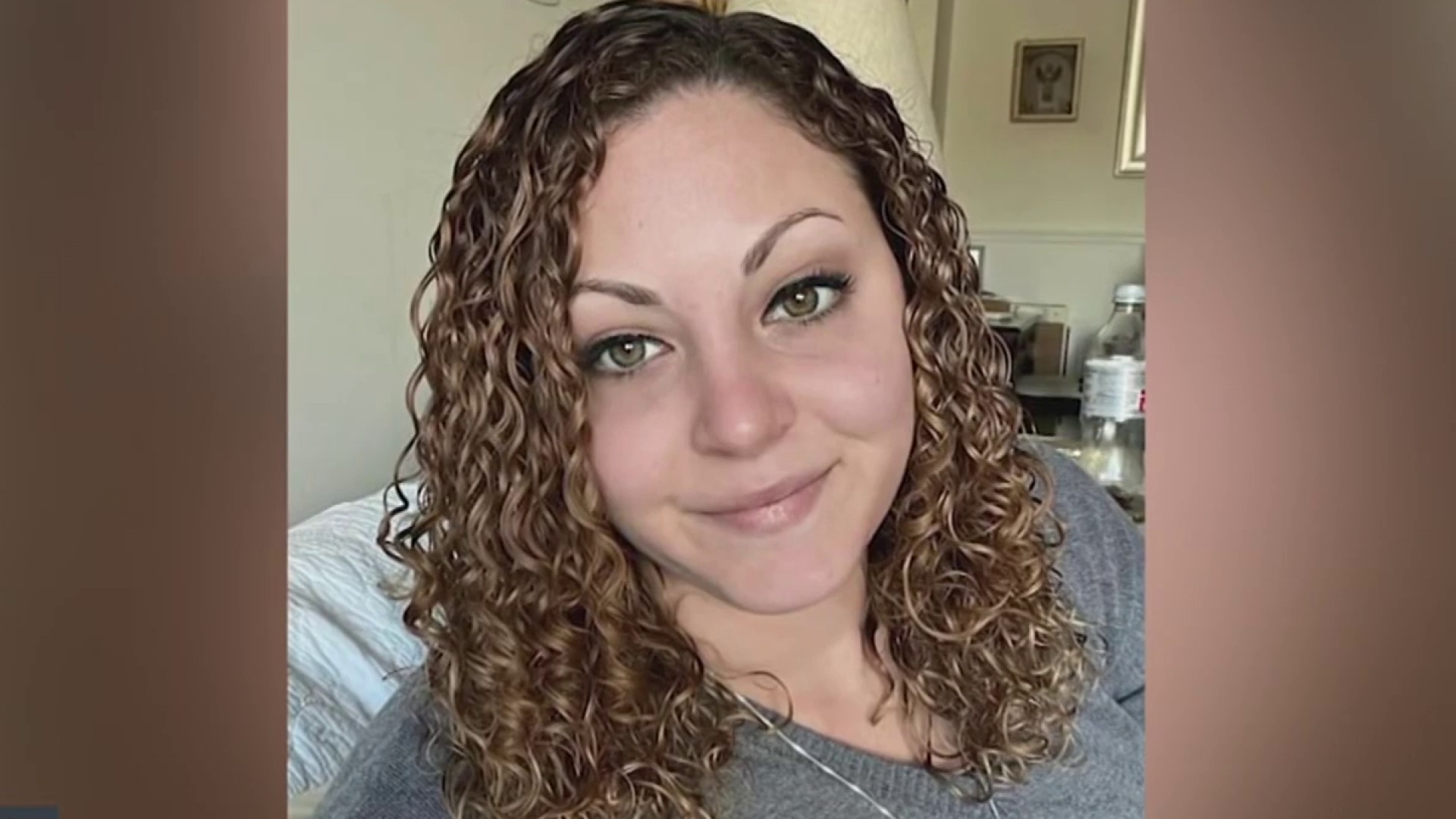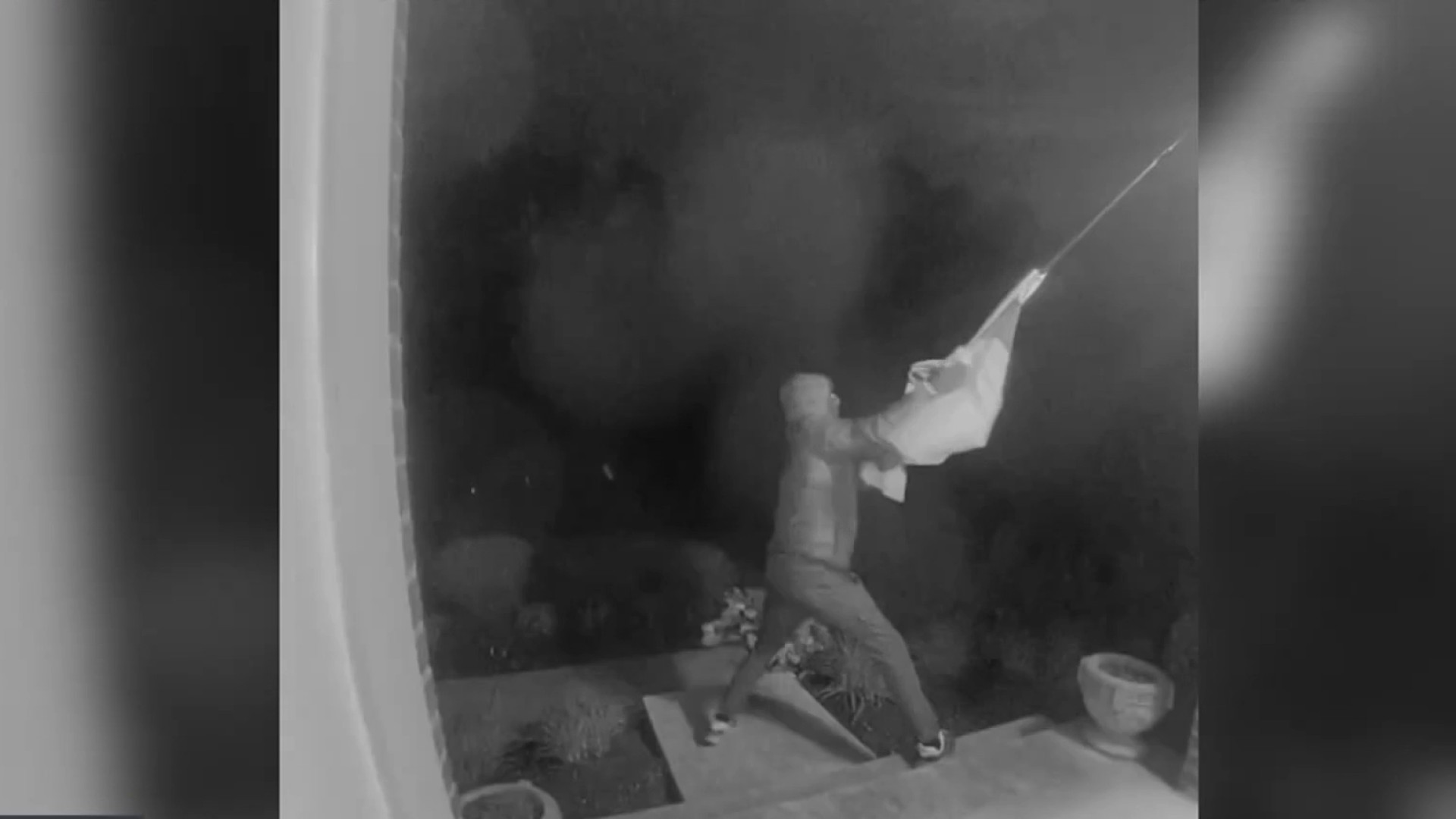New D.C. and Maryland laws that go into effect on Tuesday, Oct. 1 may affect your wallet, your workplace and even your decision to donate an organ.
Most Virginia laws are phased in each year on July 1 — but Virginians should keep reading for a change to the HOV rules for hybrids or if they work or shop in D.C. or Maryland.
Here's what you need to know.
D.C.
Soft Drinks
Bottled soft drinks will now have an 8% sales tax, while drinks meant for immediate consumption will still have 10% sales tax. The definition of a soft drink expanded to include beverages with natural and artificial sweeteners that have less than 100% juice, less than 50% milk, coffee, tea and other ingredients.
Diaper Tax
Sales tax no longer applies to disposable diapers in D.C. come Oct. 1. This change is a part of Mayor Muriel Bowser’s $4.5 million budget tax repeal that aims to relieve some of the cost for struggling families.
Cigarette Tax
The surtax on a $4.50 pack of 20 cigarettes increases from 44 cents to 48 cents.
Local
Washington, D.C., Maryland and Virginia local news, events and information
Sales of cigarettes at retail are not subject to the D.C. sales tax.
Tax on other wholesale tobacco products will decrease from 96% to 91%.
Nonprofit Workforce Housing Property
Rental properties owned by a nonprofit organization can qualify for a real property tax exemption when a minimum of 50% of tenants do not exceed 80% of area median income (AMI) and the income of the remaining tenants is not more than 120% of the area median income. Those interested have to comply with other requirements and are certified to the Office of Tax Revenue by an independent compliance monitor.
Deeds to housing properties eligible for the above nonprofit workforce housing property tax exemption are also exempt from recordation tax if the organization has both the required certification for both the property and the nonprofit owner.
Transfers made by a nonprofit owner of a workplace housing property with the required certifications are exempt from transfer tax.
Commercial Property Rate Increase
Class 2 Property recordation and transfer tax rates will increase from 2.9% to 5% if the consideration is $2 million or more.
Commercial Property Rate
Real property worth more than $10 million will no longer be subject to the reduction of sales tax revenue receipts collected from remote sellers on commercial property in the class two tax rate of $1.89 for $100 of each assessed value.
Performing Arts Venues Credit
A $15,000 rebate on real property tax is available to businesses that host live entertainment a minimum of 48 hours a month and have a seating capacity of less than 300 seats. Qualified businesses must apply by Sept. 15 each year and provide a copy of the lease, proof of paid property tax, proof of hosting live performances 48 hours a month and a seating capacity under 300 seats.
Qualified High-Technology Companies
Sales of certain property or goods from one qualified high-technology company to another are no longer exempt from sales and use tax. This includes computer software or hardware.
Virginia
As of Sept. 30, gas/electric hybrid vehicles with clean special fuel license plates will no longer have an exemption to use HOV lanes. Drivers will now have to have the qualifying number of occupants in their cars, unless the vehicles are qualifying plug-in electric vehicles.
Maryland
Leave for Organ Donation
Marylanders who wish to donate an organ, such as bone marrow or a part of their liver, will be granted leave to do so. Bone marrow donations warrant at most 30 business days in leave over a year, whereas organ donors are entitled to 60 days. The donor is entitled to keep their insurance and return to the same or equivalent job and pay.
This law applies to employers with 15 or more people and employees who have worked somewhere for at least 12 months.
Gender-Neutral Driver’s License
Residents can now choose “X” as their gender marker instead of “female” or “male”.
Black History Month
Maryland Public Schools are required to dedicate part of one day each year to learn about the state’s historic figures Harriet Tubman and Frederick Douglass during Black History Month.
Gender Diversity Statistics
In a law that cites numerous examples of how women are underrepresented on the boards of Maryland companies, the state has required gender statistics to be reported. Any domestic nonstock corporation with a budget over $5 million, or domestic stock corporation with sales exceeding $5 million, must report the number of board members and how many are women. Companies mostly held by family members are exempt.
Penalizing Equal Pay Violations
Any employer that violates an equal pay for equal work law two or more times in three years could be fined up to 10% the amount of damages. That money would go to the state.
Student Athlete Safety
Every higher education institute in Maryland must have a policy that allows students to file concerns about athletic programs and activities. Schools are mandated to report student-filed concerns to the state every July 1, starting in 2020.
The Policy on Student Concerns About Athletic Programs and Activities was made after the death of Jordan McNair, a Terrapins football player who fell ill after a team workout.
Expanded Protections From Harassment in the Workplace
Maryland's anti-discrimination employment law will now apply to more workers. According to JD Supra, new amendments taking effect Oct. 1 mean that independent contractors and anyone who works at a company with one or more employees will be covered under the law. Previously, the law applied to employers with at least 15 employees.
The statute of limitations on filing harassment claims has also been reduced from six months to two years.
Employers are now legally liable for harassing employees or being negligent in a situation that allowed for harassment.
Non-Compete Clauses for Low-Wage Workers
If someone makes $15 an hour or less, or $31,200 or less, they cannot enter a non-compete clause or similar agreement.
Tobacco Products
The new minimum age to buy all tobacco products in Maryland is 21 years old. Tobacco products include electronic smoking devices, e-cigarettes, vapes, pod devices, filters, e-liquids and accessories and components regardless of nicotine content. Tobacco also includes cigarettes, cigars, pipe tobacco, chewing tobacco, snuff, snus, rolling papers and pipes.
Active military personnel can still buy tobacco products at 18 years old with a valid military ID.
Drunk Driving
Intoxicated drivers and watercraft operators face harsher penalties, fines and longer sentences for killing someone while under the influence of alcohol and drugs. The law increases the maximum term from three years to five years for drivers convicted of vehicular homicide.
Diaper-Changing Stations
A diaper-changing station is required in both a men’s and women’s restroom in state buildings built on or after October 1, 2019. This requirement excludes schools.
Teacher Background Checks
Maryland public schools will have stricter background checks to close loopholes in the hiring process. School districts are now required to contact previous employers listed on a job application before hiring the teacher.
Voter Registration
Same-day voter registration will start for Maryland voters during the 2020 elections. This allows an eligible voter to register and cast their ballot on the same day as the election.
Stacey’s Law/Murder for Hire
It is now considered first-degree murder to solicit or conspire to commit murder and someone dies. This change also removes the three-year statute of limitations on the offense.
Electronic Harassment
Anyone who uses electronic harassment to convince a minor to commit suicide now faces up to 10 years in prison and/or fined up to $10,000. This change broadens what was previously known as Grace’s Law.
Laura and Reid’s Law
Laura and Reid’s Law creates stricter penalties for someone who knowingly commits violence against a pregnant woman. This can add up to 10 years of additional imprisonment to a sentence.
Cruelty to Animals
Defendants in animal abuse cases will now be required to pay the costs of care and treatment of displaced animals until the case is heard in court and custody of the animals is decided.



